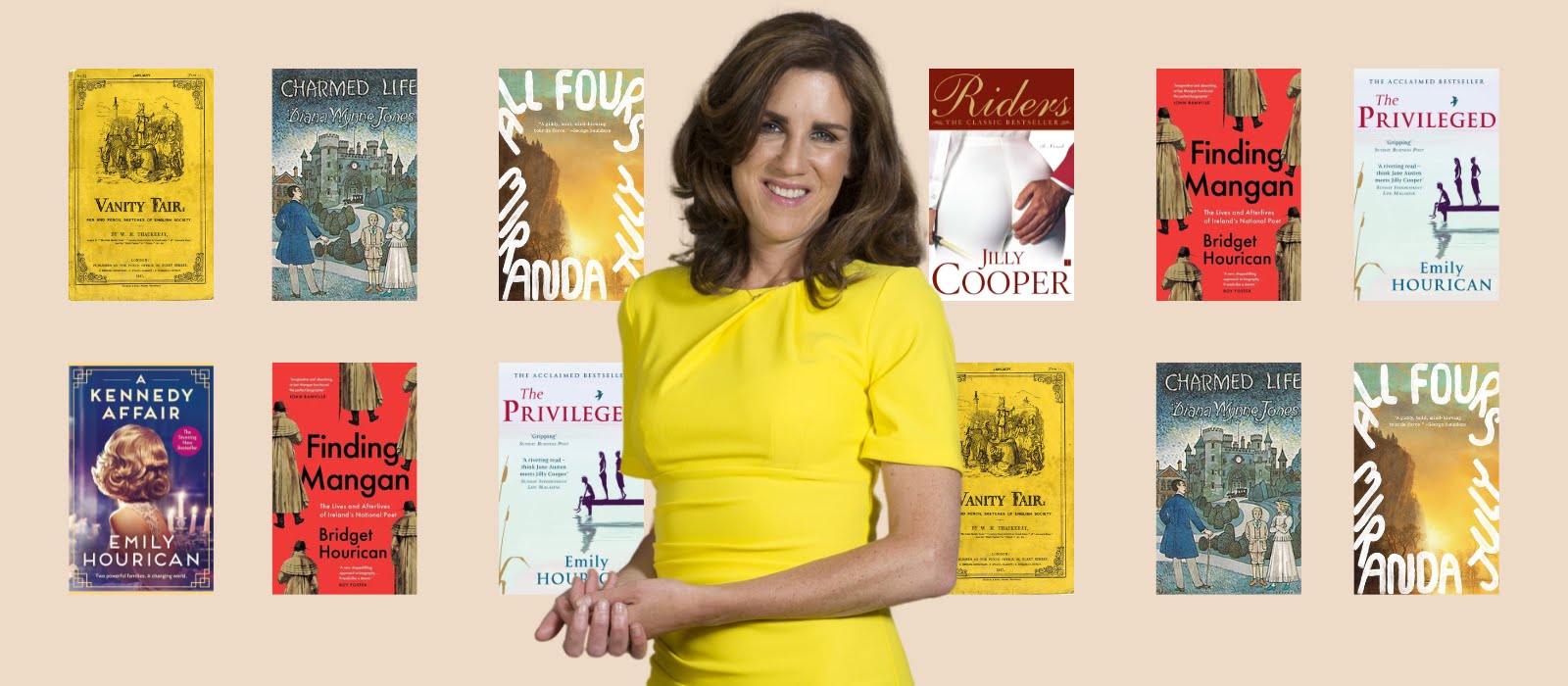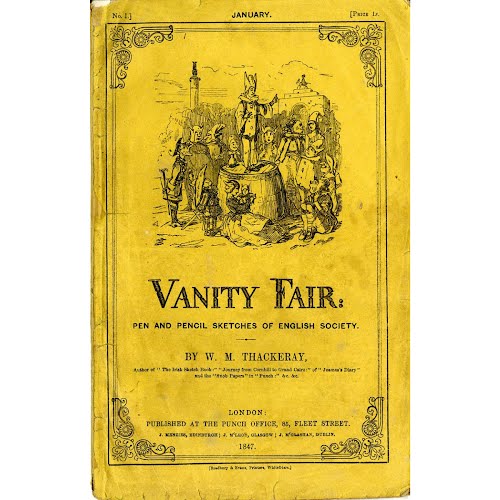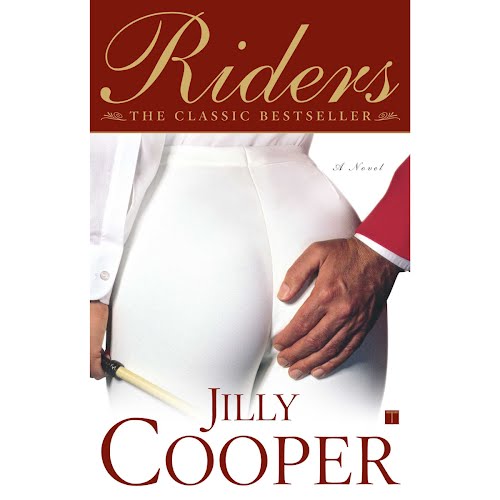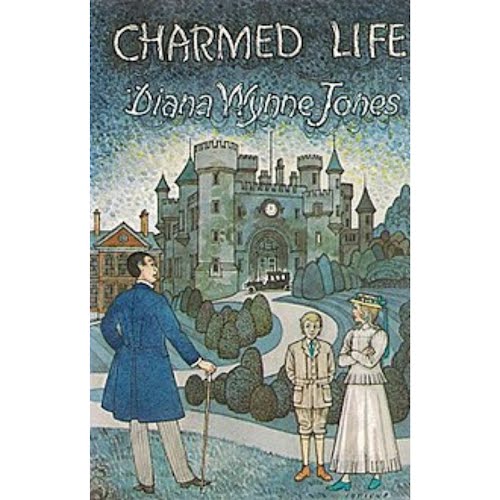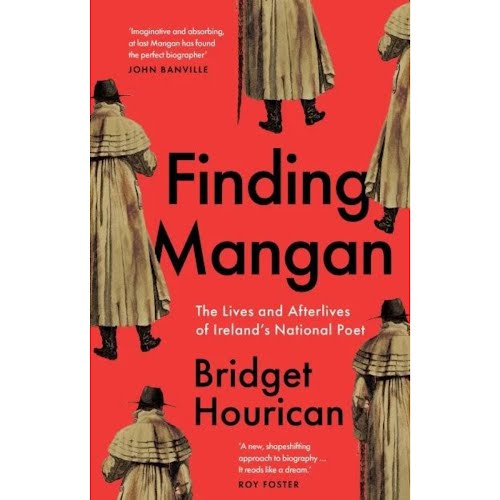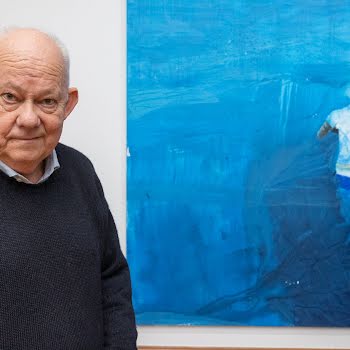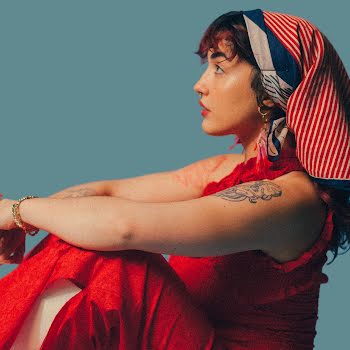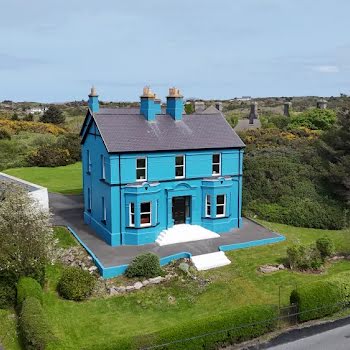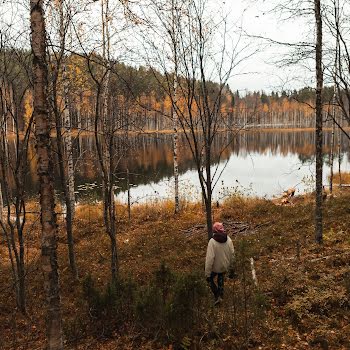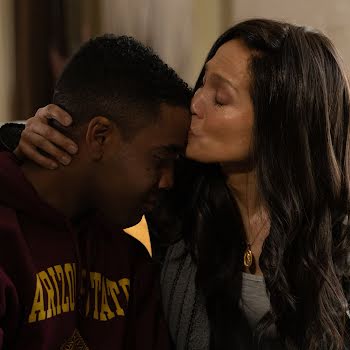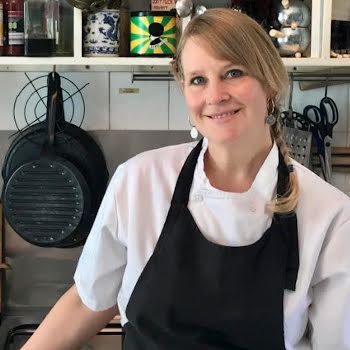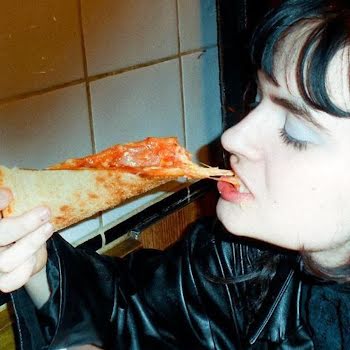We sat down with Emily Hourican, author of The Guinness Girls series, to discuss her favourite titles, writing process, and how she finds escape through the written word.
Emily Hourican’s debut novel, The Privileged, was published in 2016 to huge success, becoming an instant bestseller. She then went on to publish three more works of contemporary fiction and non-fiction titles before she began writing historical fiction in 2019, with The Guinness Girls and The Glorious Guinness Girls being released to great acclaim.
Her fifth work of historical fiction, The Kennedy Affair, will be published on Thursday, October 17 and centres around two powerful families in a changing world.
When Kathleen ‘Kick’ Kennedy left England to return to America, Europe was facing war and Billy Cavendish, future Duke of Devonshire and the man she loves, had told her he could never marry her. Now, in 1943, as London stands a shell of its former self and Kick returns hoping to reunite with Billy but there are many obstacles ahead.
Lady Brigid Guinness has swapped high fashion and exclusive dinner parties for long shifts as a nurse helping wounded soldiers, forming a close bond with one in particular. And yet, the only person she can really talk to is a man shunned by her inner circle. Meanwhile, wide-eyed Sissy Maddington has arrived from Ireland under the care of the Guinness family. She’s eager to explore everything London seems to offer – while she tries to forget where she came from.
As the three women navigate a changed city, they each discover a capacity for love they never could have expected.
But will they find the strength to stay true to themselves?
Inspired by real events, A Kennedy Affair is a powerful story of friendship, forbidden passion – and how in the worst of times we can discover the best of each other.

Did you always want to be a writer? Tell us about your journey to becoming a published author.
I was a reader long before I was a writer. As a child, the escape into other worlds and other viewpoints, the thrill of being taken on a whole journey—often through time and space, because I read a lot of fantasy—just really did it for me. The books and characters I loved stayed with me, inhabiting my head with as much conviction as ‘real’ things and people.
I don’t think I thought much about being a writer, although I would make up stories in my head constantly: about myself; about people around me; strangers on public transport… But I always loved writing – that feeling of putting something down on paper that was as close as I could get to the things I thought and felt thrilled me. And so I became a journalist, and I wrote features and interviews for years and one day I wondered if I could write a novel. Could I make up a story, and characters, and make it all come together? So I tried, and that became The Privileged. It took a lot of rewriting to get to the stage where I was ready to send it out into the world, and when I did, I was very lucky in that it found a response with Hachette and Ciara Doorly, who has been my editor now through nine novels, and a joy to work with.
What inspired you to start writing?
Truthfully, my kids. And that was me being very practical. I wanted to be at home with them more than a full-time job would allow, and so I really worked hard at writing so as to give it a chance to be that. If it hadn’t been for them, I think writing might have remained ‘a thing in the future I liked the idea of…’
Tell us about your new book, A Kennedy Affair. Where did the idea come from?
A Kennedy Affair is historical fiction, set during World War II in London. It’s the story of Kick Kennedy—JFK’s sister—and her battle to marry the man she fell in love with, Billy Cavendish, despite huge opposition from her parents, and his. Those are the bones of it. But really, it’s the story of a young woman trying to find her own way to be, emerging from the collective force of a large, vibrant family (she had eight siblings) when she moves halfway across the world from them. I feel I had to do the same thing at her age, from my own vibrant family of six siblings, when I moved from Brussels to Dublin.

Kick has the thrill of being on her own in London, at a time of great physical danger, but also great excitement and freedom; of being in love with a man who loves her back, even though no one wants them to be together; and of making strong new friendships. But she also has a reckoning with a very dark chapter within her family and the responsibility of coping with situations that are way beyond her experience.
What do you hope this book instils in the reader?
I think I want the same thing for all my books – the kind of escapist read that I love, populated with characters who are intriguing, doing things that feel believable even if invented, and some insight into the psychological bonds that link us to other people. Particularly the bonds of female friendship, something I find endlessly fascinating.
What did you learn when writing this book?
I learned a lot about the Kennedys, some of which was not very pleasant. And a lot about daily life in wartime London – what was on the ration books, for example, and what it felt like to spend hours in an air raid shelter and then emerge to sweep up broken glass from so many bombed-out houses. I also remembered some of what it felt like to take those first adult steps, far away from family, and forge intense new friendships. And I learned a little bit more about the business of making things that are invented feel true.
Tell us about your writing process.
I tend not to think too much about my ‘process’, or even to land that word upon it, because I am always afraid that if I do, I will inhibit myself. So I ‘just write’. I sit down, and I start trying to put on paper the things in my head. And then I read it back, and usually hate it, and that’s when the real work begins. Can I take these scenes that don’t work, and make them better? Can I sit with the fact that the work I’ve done makes me squirm, and trust that I can improve? That’s the challenge.
Where do you draw inspiration from?
When things are going well, everywhere: From what I read and see and watch and remember, from the people around me, conversations with friends and strangers, from nature, the sea and horse riding. But there are times I feel burnt-out, exhausted, overcome with the hard and uninspiring bits of life. Then, I need to make an effort to tap back into the energy that brings inspiration. Sometimes a good night’s sleep will do it. Other times I need a few days away in a strange place, or a new physical challenge (hence the horse riding).
What are your top three favourite books of all time, and why?
I think I had more fun with Thackeray’s Vanity Fair than almost any other novel. Becky Sharp is a character I could read about forever. Jilly Cooper’s Riders, and that was true even during all the years before the world ‘rediscovered’ what was perfectly obvious to anyone who wasn’t a ridiculous literary snob – that Jilly is a wonderful writer, and Riders is a stone cold classic. Charmed Life by Diana Wynne Jones. It’s a children’s fantasy book (perfect for 9 to 12-year-olds), but so psychologically astute, so witty, and with so many truly great plot twists that I still read it now in awe at her ability.
Who are some of your favourite authors, Irish or otherwise?
Claire Keegan, Patricia Lynch, John McGahern, Robert Frost, Jane Austin, Tolstoy, Jilly Cooper, Evelyn Waugh, Nora Ephron, Sally Rooney and Janet Malcolm.
What are some upcoming book releases we should have on our radar?
My sister, Bridget Hourican, has just published a book called Finding Mangan that is part biography of the poet James Clarence Mangan, part memoir, and part detective story. It is absolutely brilliant. Her skill in weaving these aspects together into something that is a joy to read is astonishing. I learned so much – about Mangan, and the Ireland he lived in – in a way that is light and hilarious at times, and incredibly moving at others. Obviously I’m biased, but honestly – I don’t need to be. The book is stunning.
What book made you want to become a writer?
My first novel, The Privileged. I started it purely to see if could I do it; could I write a novel? I had no great expectation that I would be able to, but the more I wrote, and thought, the more I realised how badly I wanted to do what I was doing better. So writing that book made me want to write more, and to be better at writing.
What’s one book you would add to the school curriculum?
My two younger children are in second and fifth year right now. Alongside the novels and plays and poetry they read, I would love them to read really good non-fiction. I think there is something incredible about reading the real world rendered on the page by someone who has worked incredibly hard at placing it there in a way that will speak to readers. Maybe essays by Joan Didion, or James Baldwin; some of Bruce Chatwin’s travel writing or Hilary Mantels’ memoir pieces.
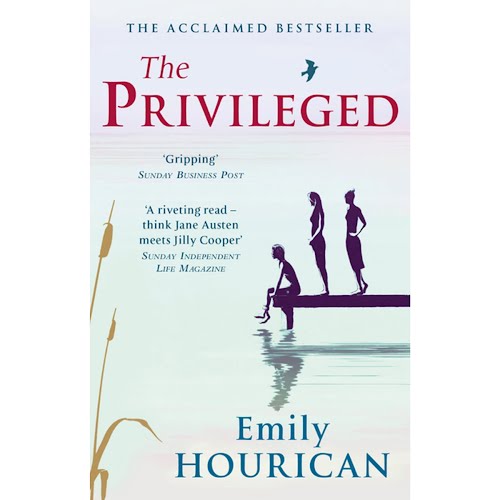
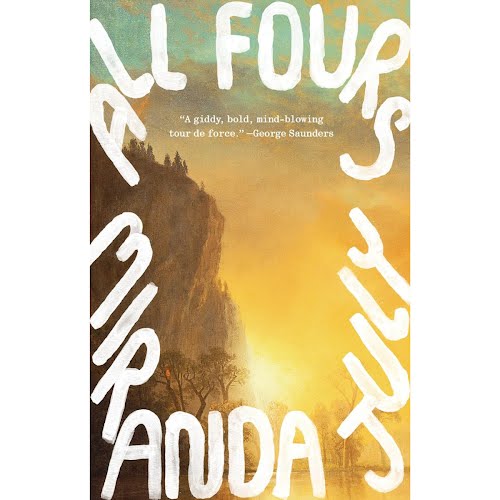
What’s the best book you’ve read so far this year?
All Fours, by Miranda July, is so brilliantly written and does such a good job of articulating some of what I think it means to be a woman in middle age – in a way that is funny, shocking and sometimes jaw-droppingly true. There are so many moments where I go ‘Oh my god yes.’
What’s some advice you’ve got for other aspiring writers?
Write. I’m not being facile – it’s the best advice I ever got. And, when you feel as though what you’ve written is absolute crap – do not let that defeat you! And, don’t wait for anyone to tell you that you are a writer – that’s for you to decide.
Lastly, what do the acts of reading and writing mean to you?
I still love reading – maybe more than ever, now that I know how hard good writing is – and I feel so grateful that I have something in my life that never stops captivating me, that I can do anywhere, at any time. The act of writing – on a good day, the best feeling ever, energising and exhilarating; on a bad day – frustrating, mortifying, terrifying. The trick is not to let the bad days win.
A Kennedy Affair by Emily Hourican is published by Hachette Books Ireland on Thursday, October 17.











